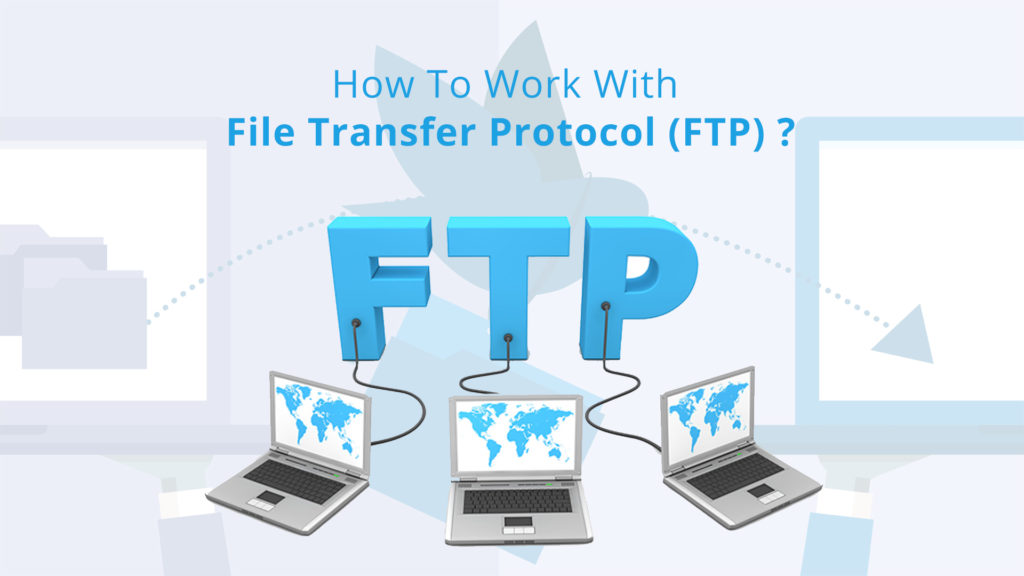Blockchain technology has been around for over a decade now, but it is only in recent years that people are realizing its full capabilities and potential. This technology has become a game-changer in various sectors, including finance, healthcare, gaming, supply chain, transport, and logistics among others. Most of its benefits derive from the fact that blockchain technology is built on a decentralized system that enables secure and transparent transactions without the need for intermediaries.
With the help of experts in a blockchain development company, you can elevate your business to new heights by implementing blockchain enterprise solutions. If you’re looking to start implementing blockchain in your business, this blog shares some of the trends you can expect to see and how they influence the business landscape in the present times.
Table of Contents
What are blockchain trends?
Blockchain trends can be defined as the ever-evolving ways in which businesses are leveraging the power of blockchain technology to transform the way they operate. From enhancing transparency, trust, and security to reducing costs and increasing efficiency, blockchain is opening up new opportunities for innovation and growth. These trends represent a shift towards decentralized, trustless systems that have the potential to disrupt traditional business models and reshape entire industries.
Better financing with Decentralized Finance (DeFi)
DeFi is one of the most exciting blockchain trends that is moving the financial sector. Decentralized finance (DeFi) refers to a system of financial applications that have been built on blockchain. A DeFi ecosystem enables people to borrow, lend, and trade assets without the need for any third party to regulate them or direct operations.
This is because DeFi is built on smart contracts. And as you know, smart contracts are self-executing and operate without the need for human intervention as long as the preset conditions in the contracts are met. This means that transactions are transparent, efficient, and cost-effective.
The way DeFi potentially shapes and improves the financial industry is by eliminating intermediaries and reducing the cost and time transactions take to complete. It also allows financial services to reach people who do not have access to traditional banking services. While DeFi might still be in its early stages, it has the potential to disrupt the financial industry, especially through better access to finance in a trustless and transparent manner.
For perspective, imagine what De-Fi could do for your business if you were able to access financing when you need it without the bureaucracy of traditional financing options.
Use of Non-Fungible Tokens (NFTs)
NFTs are another exciting blockchain trend that is influencing the way businesses operate. NFTs are unique digital assets build and stored on a blockchain. Each NFT is unique and different from any other or digital asset because you can’t divide or replicate them in any way. An NFT derives its value from its scarcity and rarity, and utility. When these three qualities align, it becomes easy to build a community and hype behind it that can help grow its value endlessly. And while NFTs can be a representation of many things in the physical world, the most popular ones are represented by artwork, moments, music, videos, and fashion items.
Better supply chain management
Supply chain management involves controlling the flow of products from the point of origin to the point of consumption. Blockchain technology is emerging as the best way for businesses to track and trace products at every step in the logistics and supply chain channel. This not only enhances trust and accountability but it also ensures that goods are genuine and not counterfeit. It also eliminates instances of theft and fraud in the chain because of enhanced chain visibility.
Like with the other trends mentioned, blockchain in the supply chain allows businesses to eliminate intermediaries, which reduces costs and speeds up the supply chain process. In addition, there’s better collaboration between all parties involved as there’s no mistrust because everyone has access to the same information at the same time.
More enterprise blockchain solutions adoption
While the use of public blockchains is common and a big thing, there is also an emerging trend in the demand for private, permissioned blockchains. Enterprise blockchain allows your business to customize a platform to suit its explicit needs. These solutions offer enhanced privacy, scalability, and security, which makes them ideal for businesses that need to store and manage sensitive data.
The rise of tokenization
Tokenization involves converting real-world assets into digital tokens. Tokenization is becoming increasingly popular as it provides liquidity, transparency, and accessibility to things that were previously seen as illiquid. Your business can tokenize assets and intellectual property. This not only makes it easier to transfer ownership of these assets, as you can fractionalize an asset, but it also creates new investment opportunities for individuals and businesses.
Identity management
Digital identity management is becoming an increasingly important issue as more businesses move their operations online. Blockchain technology provides a secure and decentralized way of managing digital identities. With blockchain-based digital identity management, businesses can eliminate the need for third-party verifications, therefore, reducing the risk of data breaches. At the same time, this enhances user privacy. This is beneficial in improving trust in your business by your customers and it also provides them with a higher sense of control over their personal data.
Integration with other technologies
Blockchain technology is increasingly being used together with other technologies to improve business intelligence and operations. By integrating blockchain with technologies like AI, you can enhance your business’s data visibility, while also improving the accuracy of data structuring and analysis. When combined with other technologies like IoT and extended reality, blockchain can help businesses create a better network and outcomes of connected devices.
Improving cross-border payments
Blockchain technology is also an excellent method of improving international payments. Traditionally, cross-border payments can be slow and expensive due to the involvement of multiple merchants and third parties. Besides, there is also the issue of time zones that significantly affect how fast an international money transfer can take.
Blockchain technology eliminates all the middlemen and cuts down the time difference barriers, thereby reducing costs and speeding up the process. With blockchain-based cross-border payments, transactions can be settled in near real-time, which is beneficial for businesses that operate globally. This includes paying international salaries and suppliers more effectively and conveniently.
Conclusion
Blockchain technology is rapidly transforming the business landscape. By enhancing transparency, security, and efficiency, this technology is providing businesses with new opportunities to innovate and grow. As blockchain technology continues to evolve, it will be interesting to see how it shapes the future of business.

